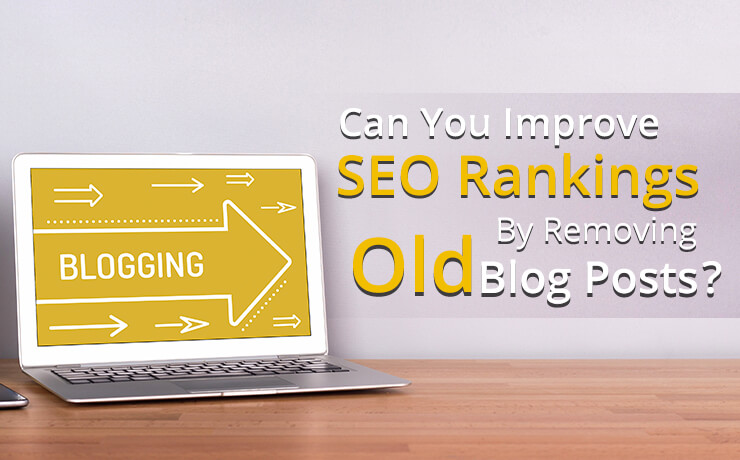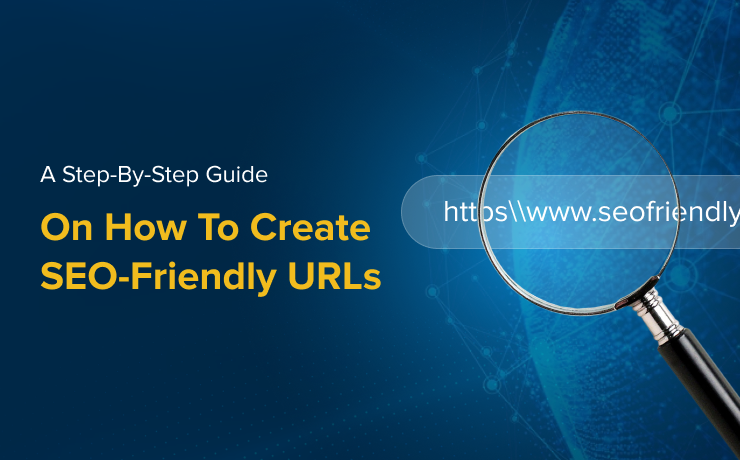What Is An SEO Slug And How To Optimize It For Better Rankings?

Clement Foo
Senior Digital Content Manager

Understanding how search engines process your content starts with the basics, like your URL. A well-structured SEO slug can make a big difference in how your pages appear and rank. It not only guides search engines but also helps users know exactly what to expect on your page.
Defining the SEO Slug
An SEO slug is the portion of a URL that identifies a specific page using short, readable text. It usually mirrors the page title and uses lowercase letters with hyphens between words for clarity. This clean format makes it easier for both search engines and users to process and understand.
Beyond its technical function, the slug communicates relevance and intent. A clear slug brings users immediate insight into your content, which builds trust and encourages clicks. At the same time, it provides search engines with an accurate signal about the page’s topic.
Why It Matters for Search Rankings
Search engines use the slug as part of their evaluation of a page’s relevance to a search query. Including targeted keywords in your slug strengthens the alignment between your content and what users are searching for. This can help boost visibility and improve rankings on results pages.
For users, short and meaningful slugs often inspire more clicks. When people see a URL that reflects exactly what they’re looking for, they feel more confident that the page will meet their needs. This added clarity supports stronger engagement across your SEO efforts.
Tips to Write a Good Slug
The most effective slugs are simple, descriptive, and focused. Use keywords that directly reflect the page’s topic, sticking to nouns and action words that match user searches. Leave out unnecessary filler words like “and,” “the,” or “of” to keep the slug concise.
Stick with lowercase letters and hyphens to separate words for easier reading and better indexing. Clean formatting not only improves user experience but also allows search engines to process your URL structure without confusion.
Common Mistakes to Avoid
One common problem is leaving auto-generated slugs that contain meaningless numbers or irrelevant characters. These cluttered URLs confuse both users and search engines and weaken your SEO potential. Refining these slugs makes your links more accessible and better aligned with the page content.
Another issue is changing slugs after a page has already been published. Without setting up proper redirects, you risk breaking existing links and losing valuable traffic. Redirects protect the SEO strength you’ve already built while guiding users smoothly to the updated page.
The Role of Slugs in Local SEO
For businesses targeting specific areas, adding geographic terms to slugs can improve relevance for local searches. Including a city or region helps attract nearby customers who are searching for services in that location. This small adjustment can strengthen your visibility in local search results.
Using geographic keywords in slugs supports your Local SEO efforts without needing major page changes. It shows search engines that your content is tied to a physical region. Just make sure the location is meaningful to the content so it does not feel forced or misleading.
Optimize Your URLs with Smart SEO Choices
Writing clear, readable slugs is a simple but powerful part of your on-page SEO strategy. SmartSites helps businesses craft better search visibility with smart SEO practices, including proper slug optimization.
Learn more about our SEO services or contact us today to get started on improving your site’s performance.
 Free
Consultation
Free
Consultation Free
Google Ads Audit
Free
Google Ads Audit







